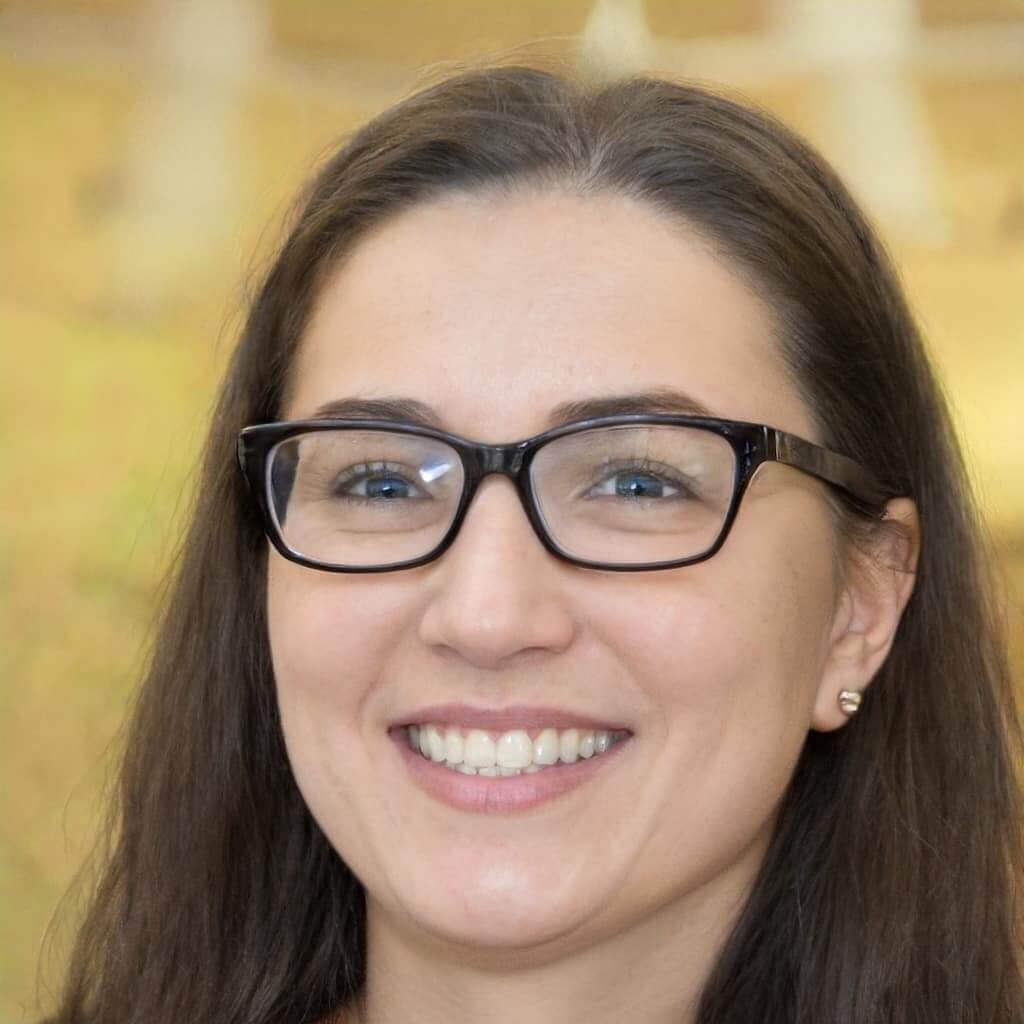AI Innovations by Paige Set to Revolutionize Cancer Diagnostics
Generative AI is poised to bring transformative changes to the healthcare industry, particularly in cancer diagnostics, according to Paige, the first company with an FDA-approved tool for cancer diagnosis. In a recent episode of NVIDIA's AI Podcast, host Noah Kravitz spoke with Paige cofounder and Chief Scientific Officer Thomas Fuchs. Fuchs, who is also the dean of artificial intelligence and human health at the Icahn School of Medicine at Mount Sinai, shared insights into how AI can significantly improve patient outcomes.
Paige's AI-Driven Approach
Paige leverages AI to enhance the precision and speed of cancer diagnostics. By employing advanced machine learning models that use visual pattern recognition, Paige's tools can accelerate cancer detection processes. This innovative approach aims to reduce diagnostic errors and ensure timely treatment for patients, thereby improving overall healthcare outcomes.
Challenges and Achievements
During the podcast, Fuchs elaborated on the challenges faced in cancer detection and how AI is overcoming these hurdles. Paige's AI models have shown promising results in cancer imaging and pathology, providing more accurate diagnoses compared to traditional methods. The conversation also touched on Fuchs' background in engineering at JPL and NASA, highlighting how his diverse experience contributes to his work at Paige.
The Future of AI in Healthcare
Looking ahead, Fuchs discussed the potential future applications of AI in the medical industry. He emphasized that AI's role will continue to expand, offering new capabilities in various areas of healthcare. From enhancing diagnostic precision to personalizing patient care, AI promises to be a game-changer in the medical field.
For those interested in learning more about AI's impact on healthcare, the full episode of the AI Podcast featuring Thomas Fuchs is available on NVIDIA's official blog here.
Related Discussions
The podcast episode also referenced other notable discussions on AI in healthcare. For instance, Dotlumen CEO Cornel Amariei spoke about developing AI-powered glasses for the visually impaired, while Viome CTO Guru Banavar discussed how AI and genomics are advancing personalized health and wellness. Additionally, Dr. Keith Channon from Caristo Diagnostics shared insights on using AI to detect coronary inflammation in cardiac CT scans.
Subscribe to the AI Podcast
Listeners can subscribe to the AI Podcast on various platforms including iTunes, Amazon Music, Castbox, Overcast, PlayerFM, Pocket Casts, Podbay, PodBean, PodCruncher, PodKicker, Soundcloud, Spotify, Stitcher, and TuneIn.






